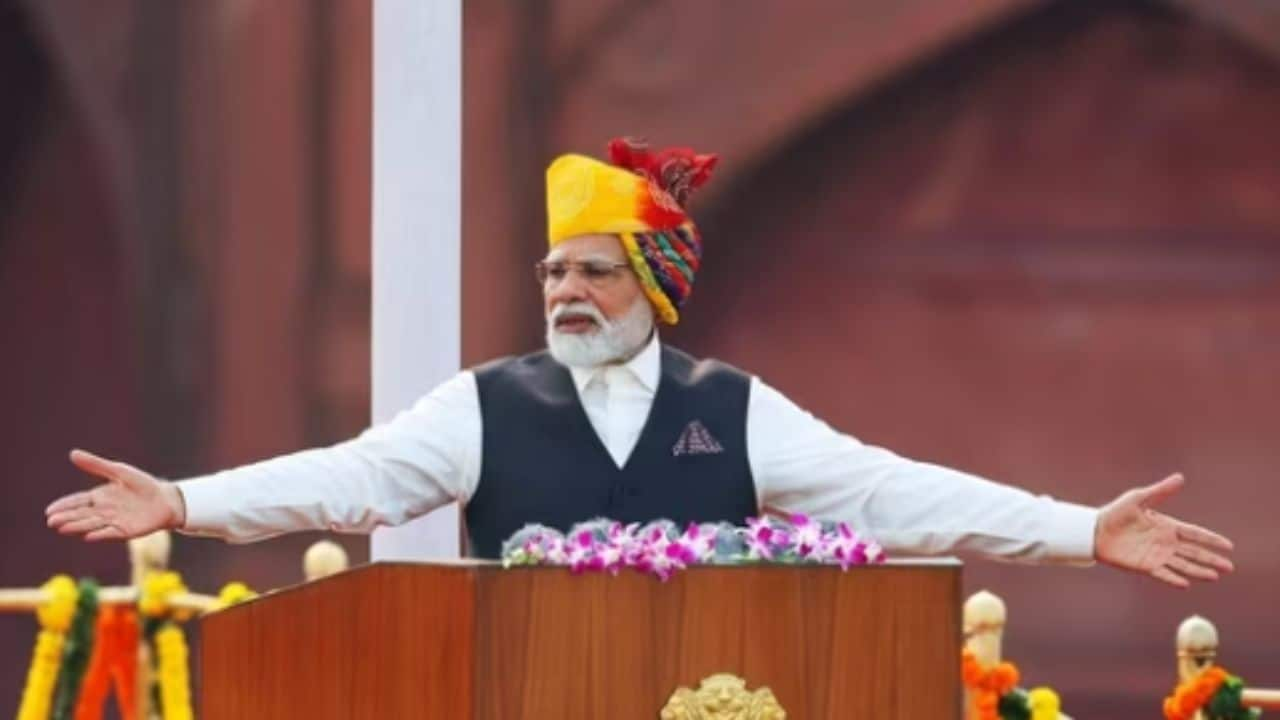Prime Minister Narendra Modi, during his Independence Day speech, urged India’s youth to focus on creating world-class products, including semiconductors and gaming experiences. The Department for Promotion of Industry and Internal Trade (DPIIT) has now reached out to several central government departments seeking clarity on the definitions of skill-based and chance-based games. DPIIT is accelerating the process of drafting a 100 percent Foreign Direct Investment (FDI) policy for online gaming.
The letter, addressed to the Ministry of Information & Broadcasting (MIB), the Ministry of Electronics and Information Technology (MeitY), and Niti Aayog, seeks clarity on the definition of online gaming. Sources say that Niti Aayog, India’s premier policy-making institution, is working on distinguishing the online gaming industry between games of skill and games of chance which would help build robust long term policy for the gaming ecosystem.
The proposed policy would permit full FDI in online real-money gaming, provided that the investments do not involve betting or gambling activities.
A source from the online gaming industry stated, “Following PM Modi’s speech addressing online gaming sector, DPIIT has now accelerated the process of drafting an FDI policy for online gaming. DPIIT aims to attract foreign investments into the gaming sector. This will benefit the online gaming ecosystem, but more importantly, it will bring much-needed clarity to the industry regarding the definition of online gaming.”
Skill gaming platforms earlier paid 18 percent GST on the platform fees, also known as Gross Gaming Revenue (GGR). The new rules, which came into effect on October 1, 2023, does not make a distinction between games of skill or chance. The Real Money Gaming (RMG) industry, which is currently burdened by high taxes and is suffering due to infiltration of illegal offshore betting and gambling apps is expected to benefit significantly from the government’s distinction between games of skill and chance further clarifying RMG players, lotteries and notorious offshore betting and gambling operators. Most importantly, the policy is expected to formalize 100 percent FDI in the online gaming sector.
It should be noted that while 100 percent FDI in online gaming is not explicitly prohibited, existing regulatory ambiguities have made it difficult for companies to secure banking and government clearances, deterring potential investors.
Another source from the RMG sector said, “The government should also consult with RMG stakeholders before finalizing the policy. The efforts of the government and the RMG industry should not be in vain but should benefit the entire RMG ecosystem.”
However, it remains unclear whether this FDI policy will apply only to Real Money Gaming players or extend to other stakeholders, including casual gaming industry players, video game developers, and others.
In the Union Budget presented on July 23, 2024, the government committed to simplifying FDI rules and encouraging foreign investments, including promoting the use of the rupee in international transactions.
According to a report by Grant Thornton Bharat and the E-Gaming Federation (EGF), there are 442 million gamers, India is the second-largest gaming market in the world behind China. Over the last five years, the Indian gaming sector has raised a total of $2.8 billion from domestic and global investors, with the real money gaming (RMG) segment being one of the chief revenue drivers. The RMG sector continues to account for 83-84 percent of the revenue, with approximately 100 million online gamers daily, including 90 million paying to play.
